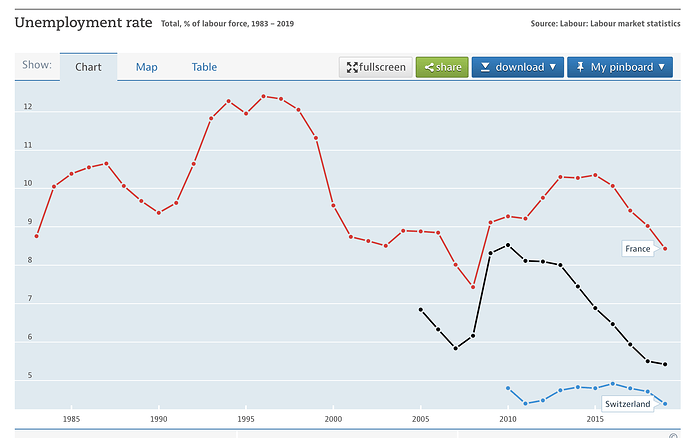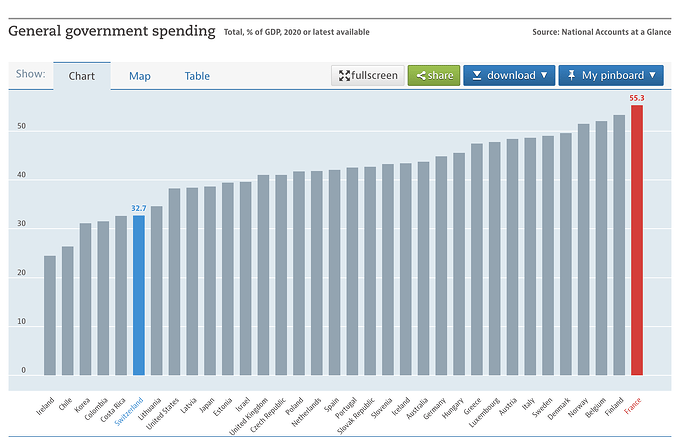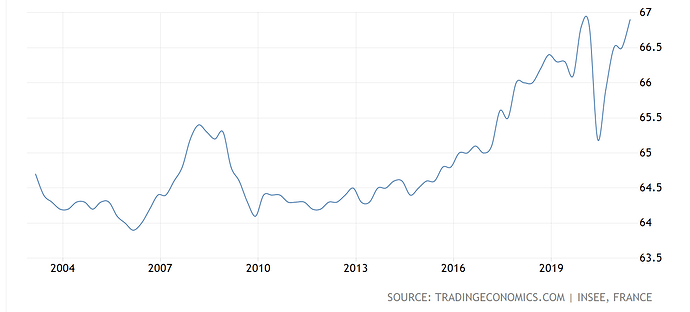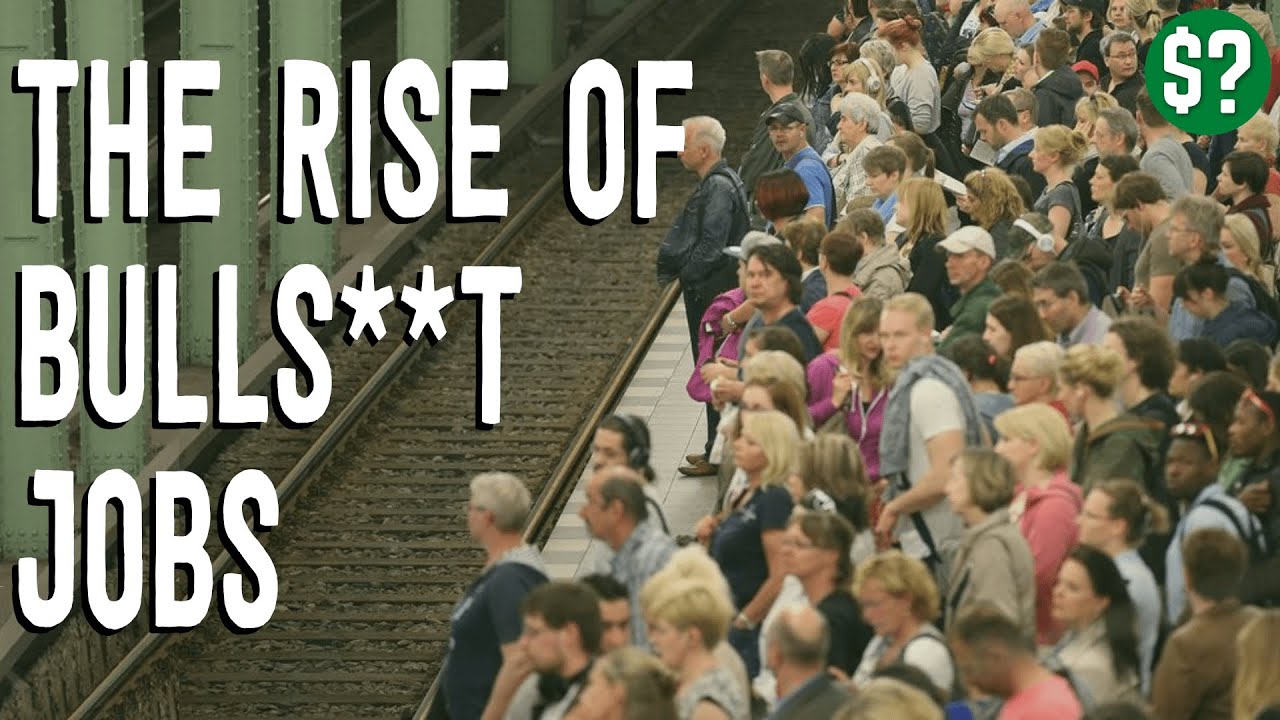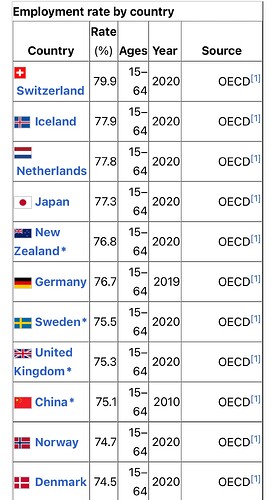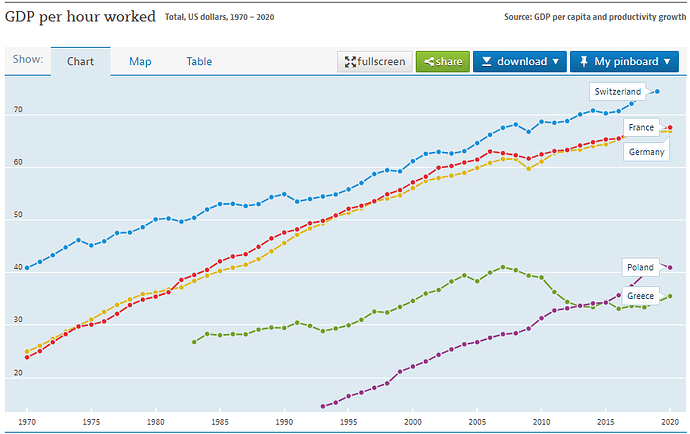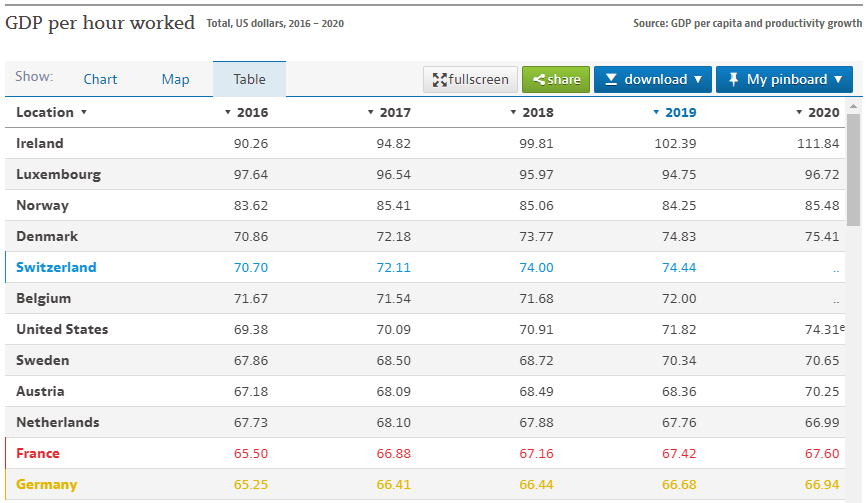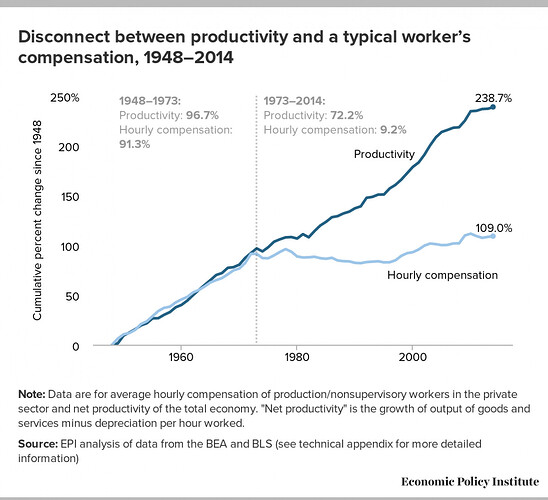A video not completely off off subject about this initiative, for those that speaks french
I don’t speak French, but I believe that France is a country that for decades is desperately crying for some more “invisible hand” of the free market and less “grabbing hand” of the socialist state:
(Black line OECD countries average.)
Source: https://data.oecd.org/unemp/unemployment-rate.htm
Source: https://data.oecd.org/gga/general-government-spending.htm
We’ve discussed unemployment metrics in the past, and I think the consensus was that unemployment rate can be misleading, depending on how it’s counted. Here’s the employment rate, which shows how many people are working (at least 1 hour per week), relative to the whole population in working age (in Switzerland it’s 80%)
It looks like in France we had a positive trend in the last decade.
But employment is not everything. You can be employed in a “bullshit job”, contributing nothing, or you can be un-fireable because of labor union protection. Having a job is a step in the right direction, but doing something actually productive would be the next step.
This video reminded me that there are many people whose job is to actually destroy value. Patent trolls, lawyers, auditors. There is a plethora of jobs which simply exist because there is a regulatory need, or because the competition has their “goons”, so we need to hire our own to fight them.
Bojack, are you sure that Switzerland got 80% ? Just surprised since in France, it is much more commoun that women are working since there is full time school and much cheaper daycare compared to salary, and it is culturally much more accepted (noone will ever be surprised you work full time as a mother)
Yep, Switz is the best in the World. I guess high living costs are a contributing factor. You’re discouraged to live here if you have no job.
France is famous for its heavy bureaucracy. Dunno it is true anymore though. I have heard Germany is also terrible if not worse.
For the gvt. spending you have to take in account the private/public health care systems. Both France and Switzerland are around 10% or GDP, but I doubt it is counted in the Swiss graph as the gvt. do not pay much of it…
I agree with this (there’s a lot of stupid/destructive jobs, e.g. politician, government clerk, etc), but this doesn’t change the fact that on a more fundamental level, if for half a century on average 10% of the population of your country which is actively seeking for a job (that’s how unemployment is defined) cannot find one, and most neighbouring countries have half the rate, and more liberal countries have 4 times lower rate, then this means that your economic policy is plain idiotic.
Just think how easy it is for asshole employers (and France has a lot of assholes) to intimidate employees with such high unemployment: “If you won’t hop under the table and do what I’m telling you, you’re gonna lose your job and you won’t be able to find a new one”. Perhaps this explains the crazy French phobia of liberal capitalism.
Or, those liberal countries have more effective ways of discouraging the hopeless from looking for jobs.
Thats’, why I feel the emplyoment rate table as posted by Bojak is more useful.
I guess if we want to really exclude the “bullshit jobs” and strictly measure the productivity rate ($ over time), we should look at the GDP per hour worked stats:
Of course, these stats will be heavily skewed by the exports of natural resources, or whatever is going on in Ireland (some accounting tricks for sure). But it’s weird to see that France is actually more time-efficient than Germany, or is only 12 years behind Switzerland.
A lot of profits are transferred towards Ireland, Netherlands and Switzerland (low tax countries) in the form of “license fees” or others - reducing the GDP in one country where the goods are actually produced towards another country where just the tax is lower.
Examples of companies for :
-Amazon (Luxembourg)
-Facebook (Ireland)
-Glencore (Switzerland)
So countries invest into education, infrastructure etc, and then profits (and with it taxation) is going somewhere else. The worst part is that only big corporations can do that, small and medium companies do not have the lawyer power to do it (and not enough profits to offset the costs for some of these highly sophisticated constructs).
It says that about 66% of these profits come from Germany and France. So these rather high tax countries (actually not really for corporations, but higher tax thanx those cited above), could lower taxes significantly if everyone would pay up their fair share.
Another interesting fact :
"In the 1970s, Business tax rates among OECD countries averaged 45%. After half a century of tax abuse, the average tax rate has plummeted to 25%. A proposal below this rate will not stop the tax race. “
Which actually also represents a shift in thinkng. For instance, after second world war, until approx. the 70s and the rise of thatcherism, countries like Germany were ruled by conservative and liberals, and supported higher tax rates, also with the experience of rise of nationalism after the great depression, where a partial redistribution of wealth seemed one of the tools to avoid the rise of populists. A tax rate or a project which is considered left today, was supported by liberals in the past. And with the tax rates going to bottom, we see that rise of extremism again (AFD in Germany, PIS in Poland, FN in France etc.)
Bojack, where did you get these charts ?
Yes, I’m aware, just didn’t want to elaborate. For sure the GDP statistics are not the perfect measure to weigh the true productivity of a country’s workers. Profit transfers, availability of capital, it all affects the final GDP.
Well, some propose to have turnover tax instead of income tax for corporations. You make turnover in a country where you sell products, so could also pay your taxes there. It would be hard to transfer this tax.
I don’t know, I don’t think it’s redistribution via tax that achieved the goal. I’m sure you know this chart:
Something happened in the 1973 (some say it was the end of the gold standard) that stopped salary growth. We are more productive than our grandparents, but we don’t earn (much) more.
OECD
[edit: actually different answer you were asking about productivity, not inequality]
Tax on high income was much higher before Nixon: lowered maximum tax rate on earned income from 70% to 50%
(Tax Reform Act of 1969 - Wikipedia)
Link from Fed blog: https://www.stlouisfed.org/on-the-economy/2016/june/how-has-income-inequality-changed-years
That changed in the 1970s, when wages among the highest earners grew faster than wages for everyone else.
I would be careful before jumping into conclusions. I heard that although the top tax rate was 70%, almost nobody paid it because of many exemptions, deductions, loopholes and accounting tricks. From the Wikipedia article you linked to:
Its largest impact was creating the Alternative Minimum Tax, which was intended to tax high-income earners who had previously avoided incurring tax liability due to various exemptions and deductions.
I’m asking why did wages get detached from productivity. You say it’s because taxes (ergo: redistribution) got lowered. I’m not buying it. You believe in the positive impact of redistribution, so it’s easy for you to believe that was the case.
What if, since our economies are getting more and more capital intensive, our productivity is improved thanks to the capital tools that we have at our disposal? Surely then the capital owner will pocket the majority of productivity gains? If I let you plow the field with my tractor, should I pay you more because you’re able to do it faster (and with less effort than manually)?
Often, the high salaries of CEOs are justified by the amount of responsibility they have. A worker with higher productivity has a higher responsibility (managing a more expensive tool, producing more etc.), therefore a salary increase should be there, don’t you think ?
Do you have a link ?
Sure, but only if it’s hard to find a qualified worker, or if an unqualified worker could cause damage or just not work as efficiently.
But if you can train someone quickly and replace them easily, don’t expect a huge salary.
Imagine you teleport a tractor into year 1800. You find a smart farmer, teach him how to operate the tractor, and now he can work 10x as efficiently, but his work is actually more pleasant. You think you would need to offer 10x salary to find an employee? Would it even be fair to pay 10x? Why, you own the high tech tool, not him.
Just google: oecd gdp per hour
And then we have the problem that people won’t get enough money to live from their salary etc.
With that kind of thinking, we will get back to London in the 1800s (or any big cities), where 3 worker families share a 2 bedrooms.
There has been a reason why we went away from full blown liberalism, but as it is getting normal again to agree to those ideas, we will see what happens when a large chunk of the population gets marginalised and suffer from relative poverty.
This is a misconception, that workers in the industrial age were somehow exploited. Just think, why did they leave the countryside and go live in a stinky city? Because factory work was preferable to farm work and allowed to feed your family. It’s the same reason why people from Bangladesh go to work in Dubai. Sure, it sucks from our perspective, but their alternative is even worse.
Yeah of course, and when s*ht actually hits the fan they leave the company with a golden parachute and take no responsibility at all… For me this argument is just bulls*it.
I guess there is a misunderstanding, I just wanted to put the argumentation as a parallel.
I think salaries are going way to up on the top, and there is no real justification anymore.
I think a motivated CEO is one with skin in the game. If he receives lavish compensation, he’s not an entrepreneur, he’s just an employee. Thus, CEO should be a shareholder and should receive compensation in stock. But I understand there may be situations where an old CEO retired and there is no-one to take over, so they just hire an outsider and lure him in with a high salary. Otherwise, how would you attract a rich and successful person? And which board will take the risk to hire a young and unproven CEO?

